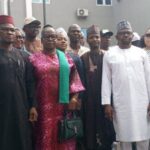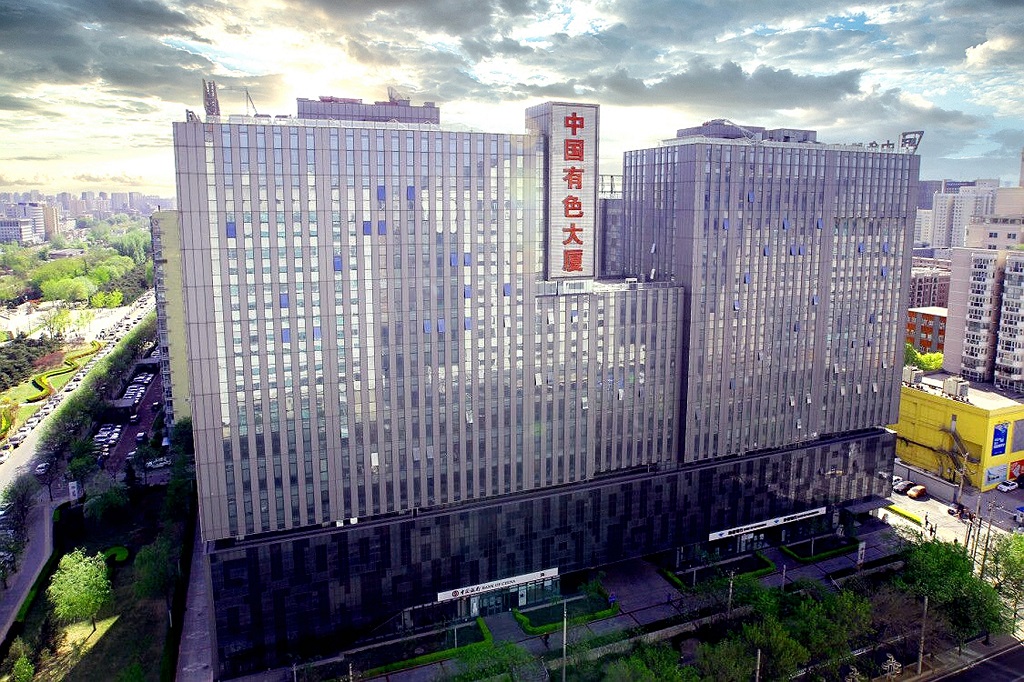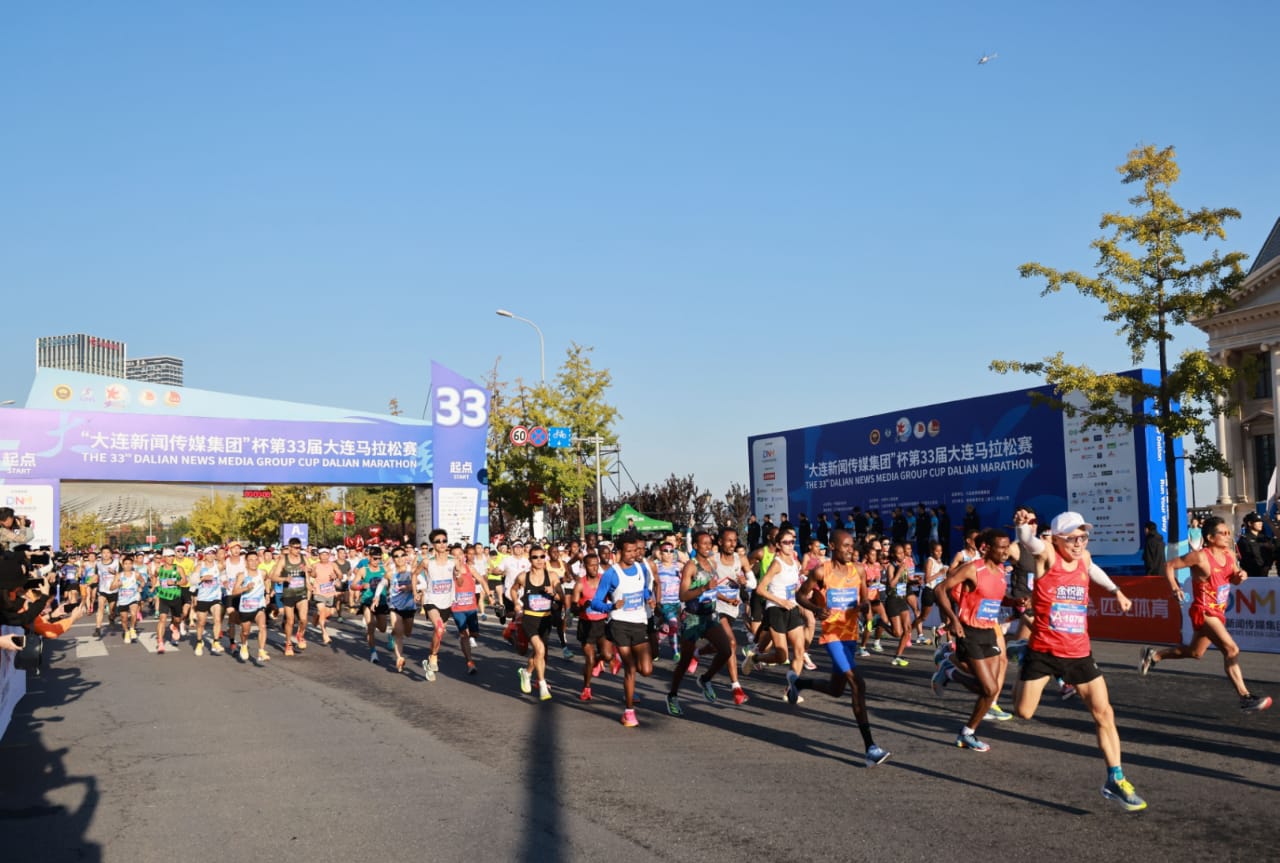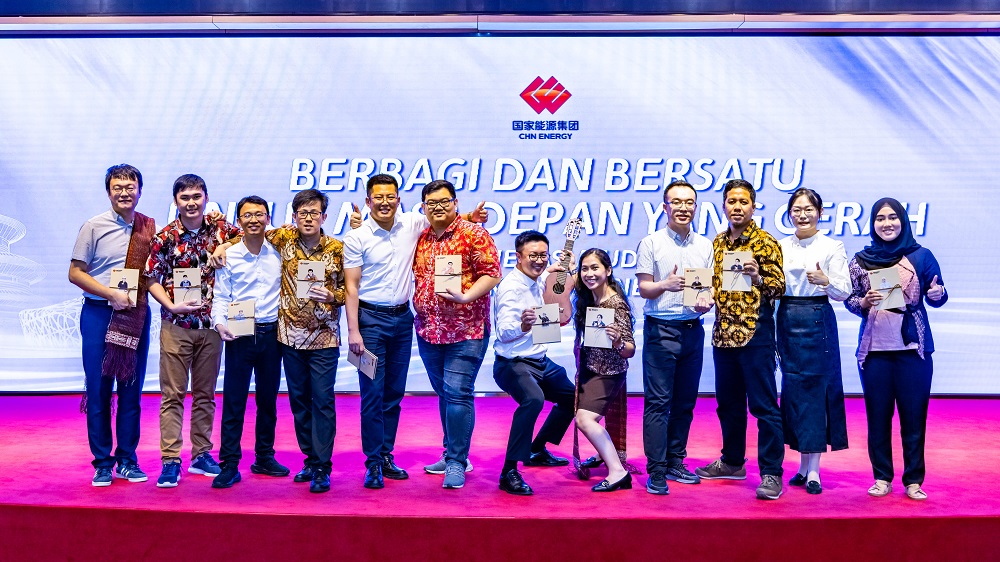Betting Boom: Nigeria’s Time to Roll the Dice on Policy Change
Betting Boom: Nigeria’s Time to Roll the Dice on Policy Change Unveiling the Odds Nigeria, a nation renowned for its vibrant culture and fervent love for sports, is standing at a pivotal juncture. The pressing question: Should the government double down on betting regulations or is it time to switchContinue Reading
















